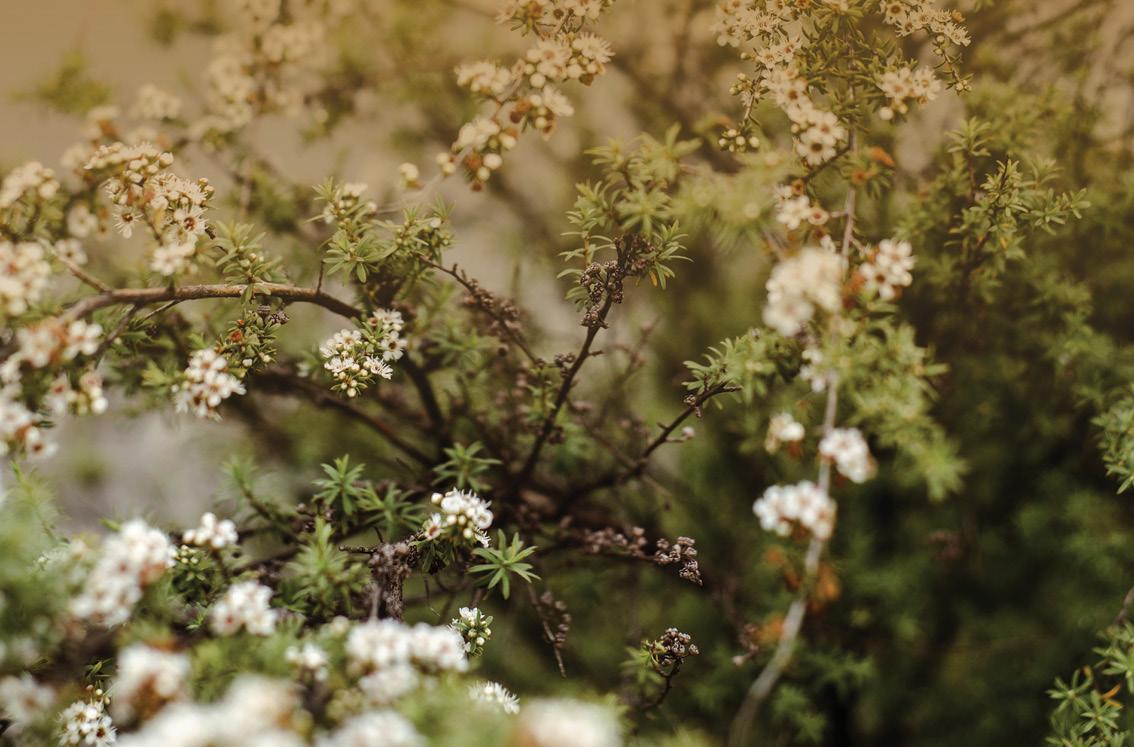
3 minute read
The impact of trade on Indigenous peoples
from V.Alum 2022
by FacultyofLaw
Two key Waitangi Tribunal claims inspired Dr Michelle Zang to study how Indigenous groups are being affected by international trade agreements and investment.
A senior lecturer in international trade law and European Union law, Dr Michelle Zang came to Te Herenga Waka—Victoria University of Wellington in September 2018 after four years at the University of Oslo. In September this year, she received a $120,000 grant from the Michael and Suzanne Borrin Foundation to spend a year as a Borrin Foundation justice fellow overseas. She is now a visiting scholar at the Faculty of Law at Charles University in Prague.
Advertisement
As a Borrin fellow, she is comparing the inclusion of, and impact of, trade on iwi in New Zealand and the Sami group in Norway, and investigating how their rights and interests are being protected in the face of global pressures.
Dr Zang says her move to Wellington opened the doors for her work on international trade law and policies.
“The position I was offered was very inspiring, with the chance of working on a postgraduate programme in trade policies of a multidisciplinary nature. I was coming from the University of Oslo, where I had been at the PluriCourts–Centre for the Study of the Legitimate Roles of the Judiciary in the Global Order.
“Once I was in New Zealand, I became deeply interested in the topic of Indigenous interests, having witnessed dynamic developments in the field. I also began to think this is a significant research subject which deserves dedicated comparative research on a global scale.”
She says two Waitangi Tribunal judgments in particular were a catalyst for this research—WAI 262, the complex, landmark and massive claim to restore to Māori tino rangatiratanga over flora and fauna and all taonga, and WAI 2522, covering the Treaty of Waitangi-exception clause of the Trans-Pacific Partnership Agreement.
“I am also looking into the treatment and involvement of the Sami group in Norway over that country’s trade policies and how that compares with iwi in New Zealand.”
The Sami are the Indigenous peoples of the northernmost parts of Norway, Sweden, Finland, and the Kola Peninsula of Russia. There are about 80,000 Sami, about half of whom live in Norway. The Sami’s languages, culture, fashion, and crafts are undergoing a significant renaissance.
“Norway and New Zealand are two countries which have taken the effects of global trade on Indigenous peoples seriously. Theirs is the most advanced approach to promoting and protecting Indigenous interests, yet each nation has completely different political settings and dynamics.
“I only started the fellowship in September, so I have no substantive findings to report yet. But so far I’ve found that, although promotion and protection of Indigenous interests have generally been accepted by many developed countries, their strategies to undertake this vary significantly.

“My main aim is to find out why and how that is and, most importantly, what the limits and outcomes of the current strategies are.”
Dr Zang aims to present her research to several law schools across Europe and the United Kingdom, as well as at international conferences.
In future she wants to investigate the sustainability of international trade laws and policies, and also explore links between those and global climate-mitigation strategies.

Dr Michelle Zang





